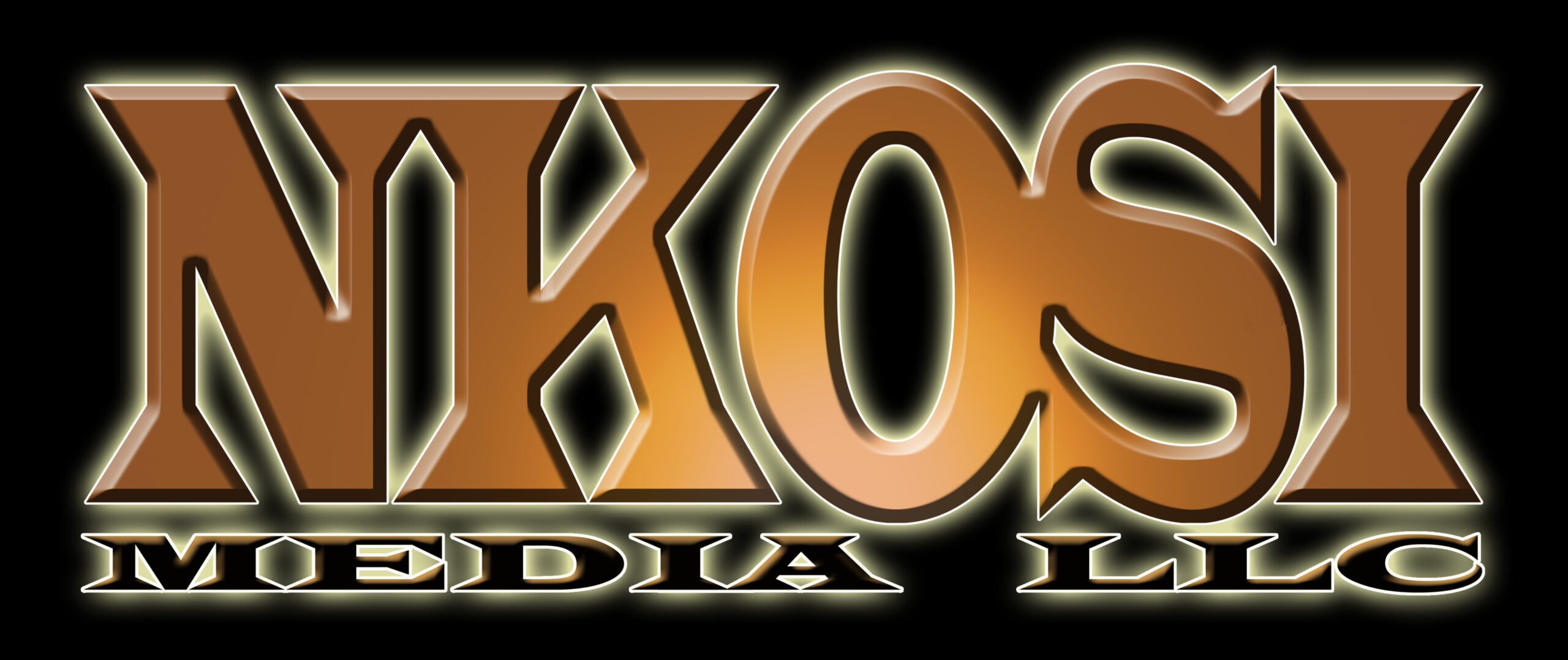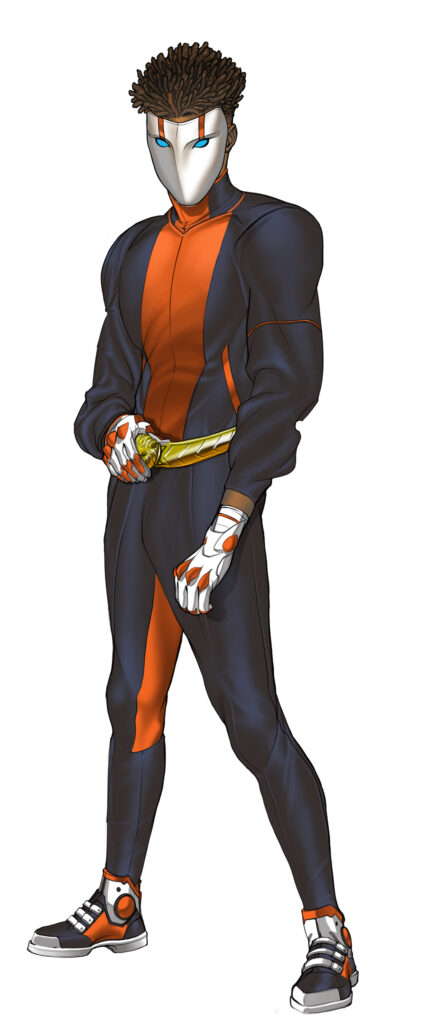
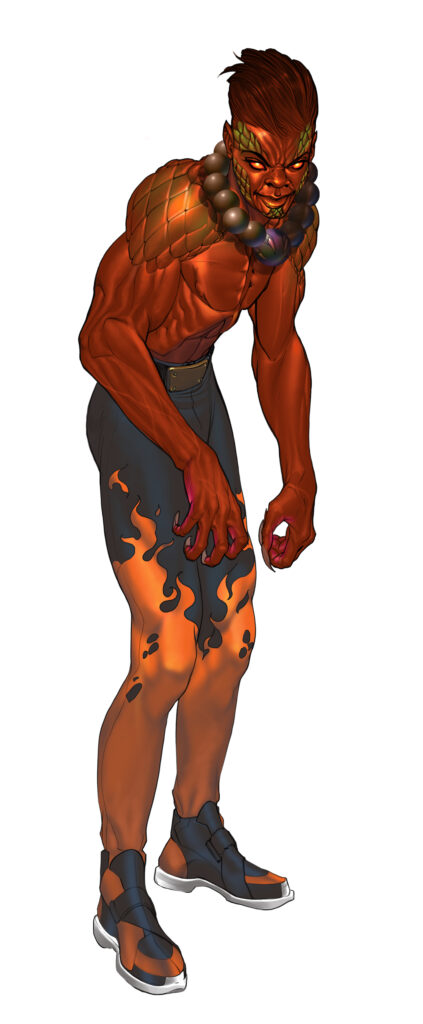
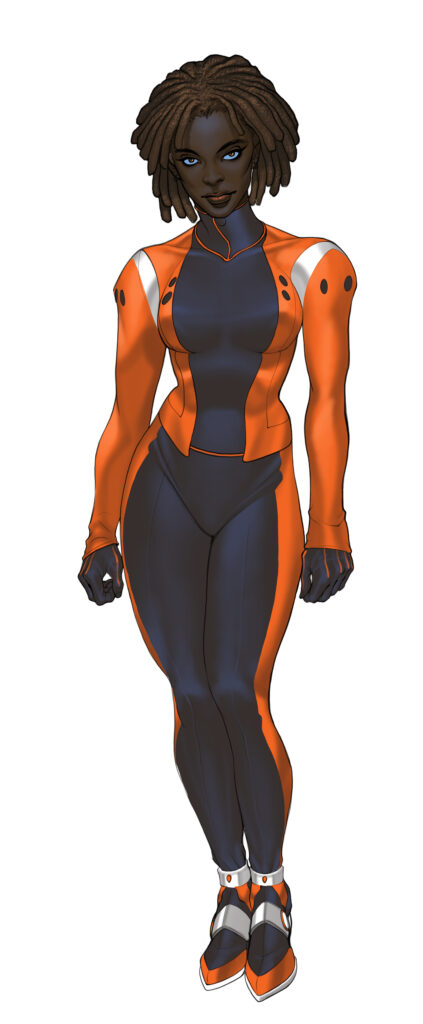
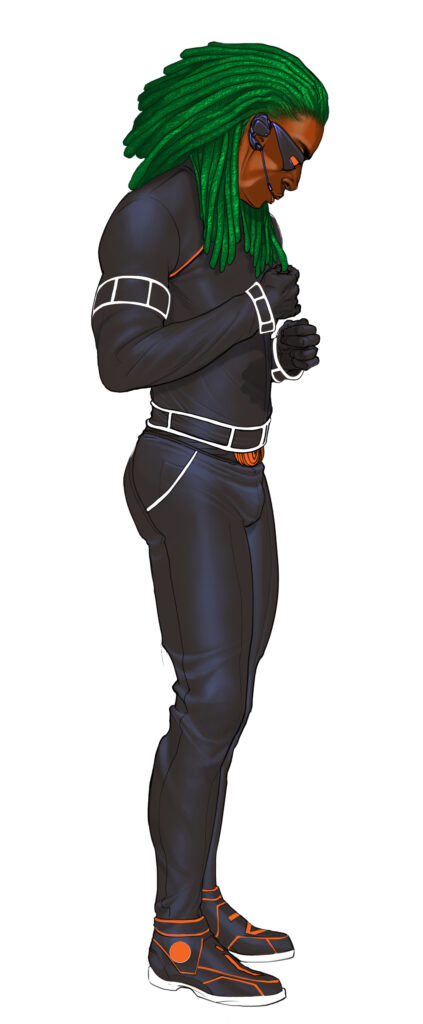
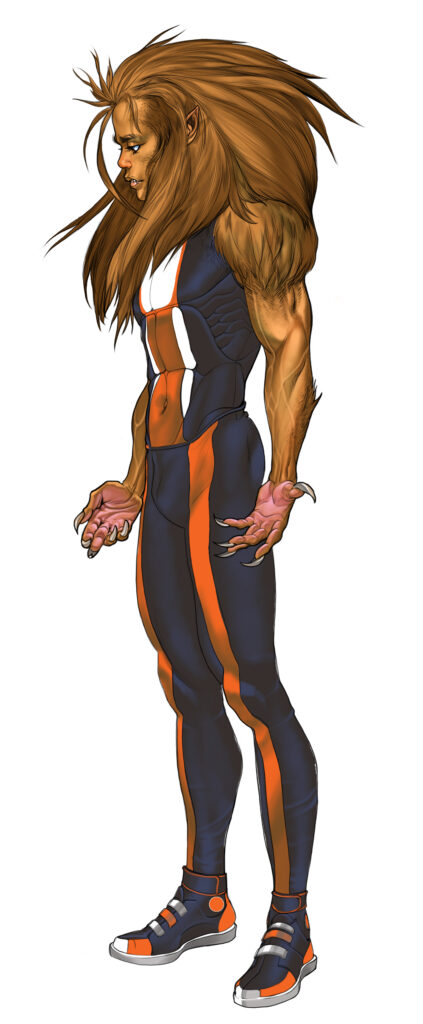
“Five teens accidentally become test subjects. Alien technology gave them powers, their friendship will make them heroes.”
SUPERHERO TEENS
“Five teens accidentally become test subjects. Alien technology gave them powers, their friendship will make them heroes.”
Frederick Douglass (born Frederick Augustus Washington Bailey; c. February 1817[a] – February 20, 1895) was an American social reformer, abolitionist, orator, writer, and statesman. After escaping from slavery in Maryland, he became a national leader of the abolitionist movement in Massachusetts and New York, becoming famous for his oratory[5] and incisive antislavery writings. Accordingly, he was described by abolitionists in his time as a living counterexample to slaveholders’ arguments that slaves lacked the intellectual capacity to function as independent American citizens.[6][7] Likewise, Northerners at the time found it hard to believe that such a great orator had once been a slave.[8]
Douglass wrote three autobiographies, notably describing his experiences as a slave in his Narrative of the Life of Frederick Douglass, an American Slave (1845), which became a bestseller, and was influential in promoting the cause of abolition, as was his second book, My Bondage and My Freedom (1855). Following the Civil War, Douglass remained an active campaigner against slavery and wrote his last autobiography, Life and Times of Frederick Douglass. First published in 1881 and revised in 1892, three years before his death, the book covers events both during and after the Civil War. Douglass also actively supported women’s suffrage, and held several public offices. Without his approval, Douglass became the first African-American nominated for Vice President of the United States as the running mate and Vice Presidential nominee of Victoria Woodhull, on the Equal Rights Party ticket.[9]
Douglass believed in dialogue and in making alliances across racial and ideological divides, as well as in the liberal values of the U.S. Constitution.[10] When radical abolitionists, under the motto “No Union with Slaveholders”, criticized Douglass’ willingness to engage in dialogue with slave owners, he replied: “I would unite with anybody to do right and with nobody to do wrong.”[11]
